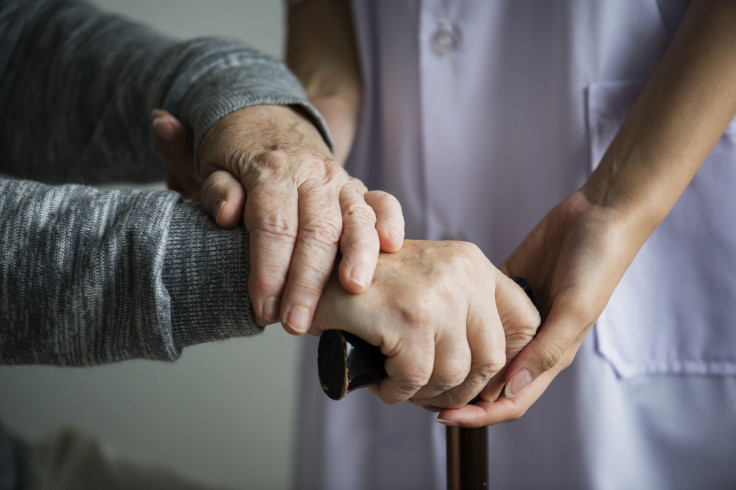
Engaging in tandem cycling exercise, a stationary activity designed for two individuals to pedal together, could enhance the health and overall well-being of both individuals with Parkinson's disease and their care partners, a new study revealed.
The responsibility of caring for individuals with Parkinson's disease often takes a toll on caregivers, impacting them both physically and emotionally. In the small-scale study, researchers examined how engaging in a simple exercise together such as tandem cycling could benefit a patient who suffers from this degenerative brain disorder and the caretakers.
"Our study found that a unique cycling program that pairs people with Parkinson's disease with their care partners can improve the physical, emotional and mental well-being of both cyclists to improve their quality of life," Jennifer Trilk, Ph.D., of the University of South Carolina School of Medicine in Greenville, said in a news release.
The researchers examined a total of 18 participants, consisting of nine individuals with Parkinson's disease and their respective nine care partners.
"It is just as important that care partners also receive care, so that is why we included them as cycling partners. The goal of our small study was to determine if tandem cycling was beneficial. The next step will be to confirm the results with subsequent studies that would include more participants," Trilk said.
In the trial conducted for eight weeks, pairs of individuals with Parkinson's disease and their care partners engaged in tandem cycling on stationary bicycles with a virtual reality platform twice a week. During the session, the participants could visualize themselves cycling through scenic outdoor routes on large synced television screens. Care partners were allowed to adjust the cycling pace with a higher pedaling rate for increased health benefits.
The participants underwent tests before the trial and two days after the final cycling session to assess the impact.
To test resilience, participants were asked to rank six statements related to their perceived ability to recover from stress. On a scale of one to five, with higher numbers indicating stronger agreement, participants rated statements such as "I tend to bounce back quickly after hard times" and "I usually come through difficult times with little trouble."
The test did not indicate any signs of improvements in the resiliency of Parkinson's patients. However, the care partners showed individual improvements in overall resiliency, which researchers noted helped reduce the caretaker burden. The care partners also showed statistically significant improvements in their depression scores.
Parkinson's patients underwent additional disease-associated tests that examined how patients experience difficulties in daily living, including relationships, social situations, and communication. They completed physical tests such as walking speed tests and underwent assessments to measure the severity and progression of their disease. Researchers noted improvements in them in these assessments.
In the test gauging the overall motor severity and progression of their disease, Parkinson's patients had a decrease of eight points, where higher scores correspond to a greater disease burden.
"In the test measuring overall perception of difficulties in daily living, where higher scores indicate a lower quality of life, on a scale of zero to 100, participants decreased their total score by nearly five points, indicating improved overall quality of life. Participants with Parkinson's disease also showed significant improvements in mobility on this test, in which they had a decrease of nearly 14 points, indicating improved overall physical function," the news release said.
The walking speed of the patients also improved by around 0.27 meters per second.
The results of the study will be presented at the American Academy of Neurology's 76th Annual Meeting, taking place April 13–18, 2024.







